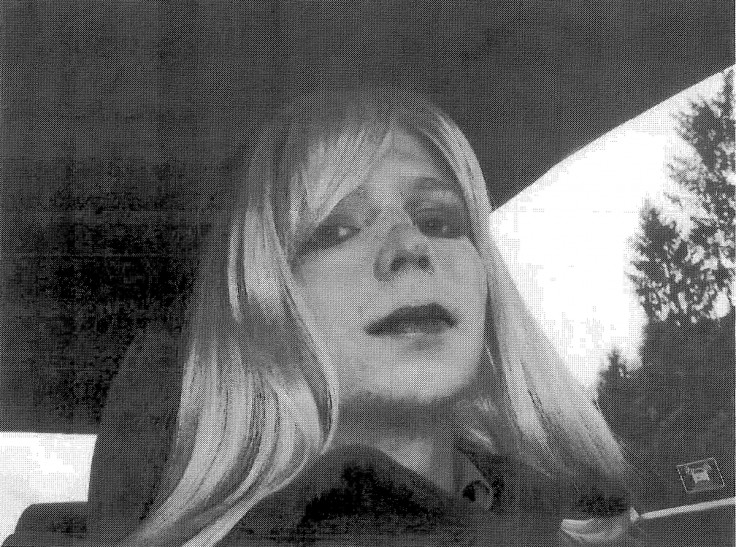Apple vs FBI: Chelsea Manning warns government would use encryption to target LGBT community

Following Apple's refusal to FBI orders to unlock an iPhone carried by one of the San Bernardino shooters, Chelsea Manning has weighed into the debate on privacy versus encryption. The whistleblower warned that the LGBT community could face persecution and discrimination if governments are allowed to build "back doors" into technological devices.
In an article for The Advocate, Manning spoke about why LGBT people would face greater risks than others if their data on mobile phones and personal computers were made available to the government. She cautioned that lawmakers were considering implementing laws that would require all technology companies to build "backdoors" into personal devices and pointed out that this could have consequences for LGBT people.
Manning wrote: "It is very easy to forget that the US government has systematically persecuted our community in the last. If history is a guide, it may one day do so again, no matter how unlikely this may look today. We in the queer and trans community should understand the need for privacy far more than most people, given the varying degrees of discrimination and persecution by our society and government."
Manning pointed out that there was a time when the LGBT community was branded as "insider threats", as well as people who were damaging to military "unit cohesion". Manning explained that during her time in the Army, she lived as a closeted trans woman, who was in a relationship with a man. She said that she regularly used encryption to hide personal information on her laptop and mobile from colleagues who were living in close quarters in fear of them finding out.
The former intelligence analyst highlighted that if she were a closeted trans woman who was living in "less open countries", citing Russia, Uganda and Nigeria as examples, Manning fears she would have been imprisoned, tortured, or faced death if she had been exposed.
She continued: "This is why queer and trans people living in such countries now use encrypted devices, such as Apple's iPhone 5c, to build and maintain its communities while avoiding the dangerous scrutiny of others."
The article highlights that while all of society has an interest in privacy, the LGBT community "have a substantially stronger interest than the average citizen". She called on people to continue to demand privacy rights, while also remaining vigilant against any government or organisation that "seeks to remove our strongest ability to guard ourselves from discrimination and persecution".
She cautioned her readers: "A single order by one Federal Magistrate Judge to unlock one phone threatens to change the entire digital world as we know and depend on it."
© Copyright IBTimes 2025. All rights reserved.






















